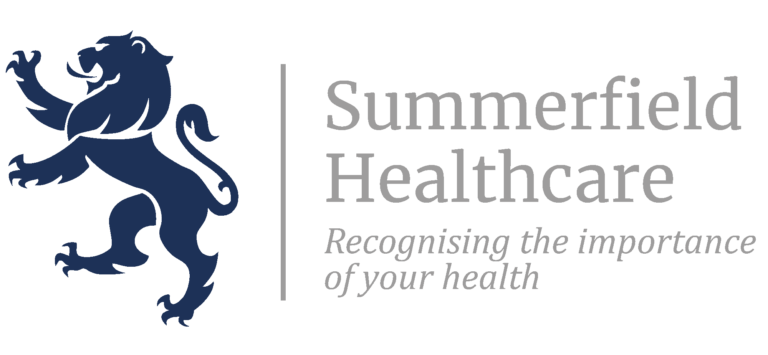Memory problems spotted during or post-lockdown should be checked out
September 07 2020 | News

The 2020 COVID-19 pandemic and the subsequent lockdown has had a huge impact on those with dementias like Alzheimers and other memory problems.
Here at Summerfield, our memory clinic has recently seen numerous people who have been affected by the lack of structure the lockdown brought – and of course, family members noticed the difference after spending weeks apart.
Memory Clinic Services
We have seen a surge in interest from people seeking memory clinic services after becoming aware of increasingly worrying symptoms since the country went into lockdown.
Memory problems understandably cause concern but it’s important to remember that it doesn’t necessarily mean onset of dementia, there may be several reasons – but it is important to get it checked out as soon as you can!
Dementia
Dementia is, of course, the big fear when memory loss problems set in and while there is no cure, early diagnosis is essential for managing and slowing down its progression.
Lockdown had a serious effect on mental health and the Summerfield Health memory assessment centres in Shrewsbury and Wolverhampton have seen a significant increase in calls since restrictions were eased from people who have noticed changes and wanted the reassurance of an assessment.
Lockdown and mental deterioration
A report from the Alzheimer’s Society recently revealed its support services were used more than half a million times during lockdown with the restrictions resulting in the mental deterioration of people affected by dementia.
We know from research and reports that those already diagnosed with dementia were adversely affected during lockdown and we believe many others spotted symptoms that gave cause for concern.
Quick appointments and early assessment
It resulted in bookings for the memory clinics increasing rapidly over the past few weeks as people sought early assessments, especially as many NHS services are not currently holding face to face consultations.
Memory loss may mean the onset of dementia but it may not and an assessment can rule out other causes which could include things like:
- Vitamin deficiency
- Depression
- Anxiety
- Infections
Dementia develops gradually and the symptoms get worse as the disease progresses. It develops at different rates in different people but early diagnosis helps to put treatments in place to slow down its progress.
Waiting times for an assessment can take many weeks or months and it’s important to have one done quickly if you think there could be problems developing with the memory.
For more information or to book an assessment, no referral needed, contact us on 0333 9000 010, or email [email protected]
